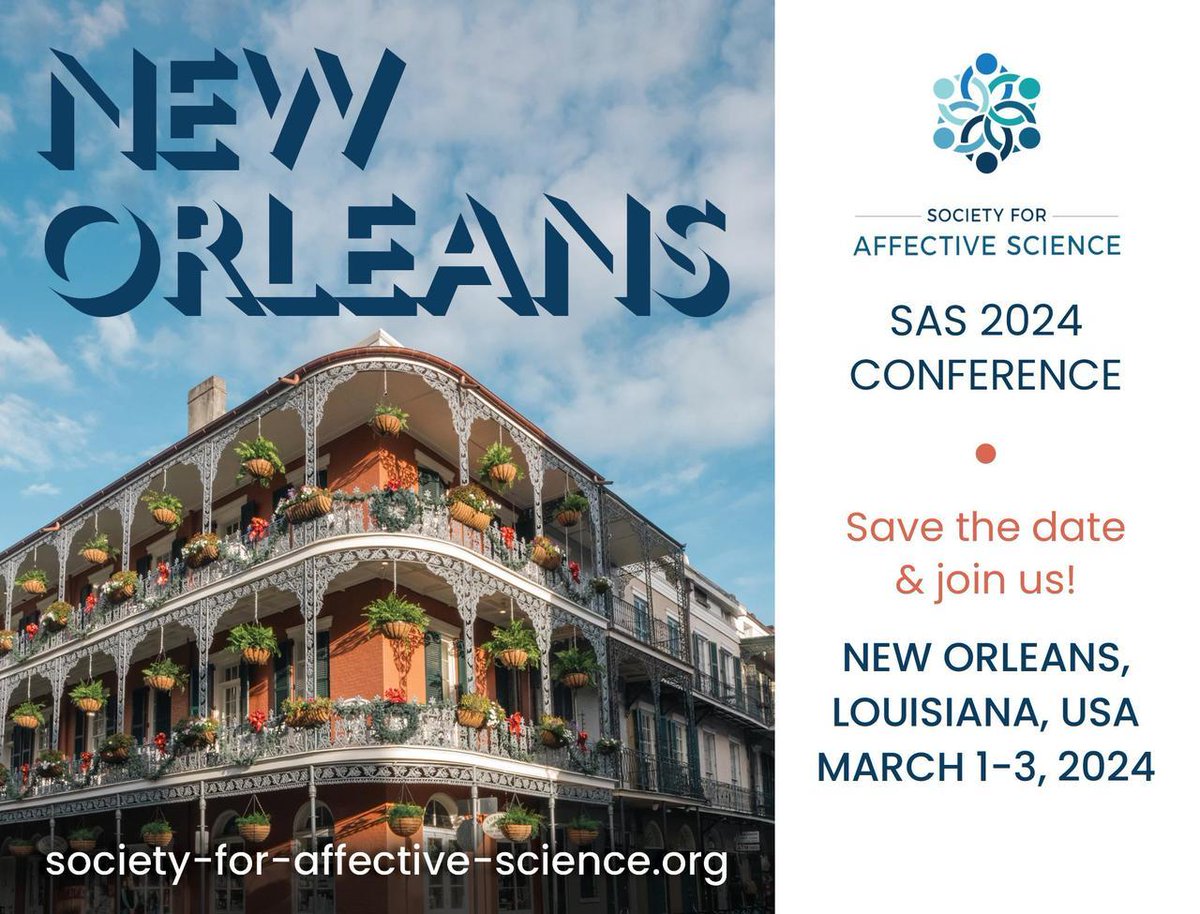
Kate Petrova
@kate_ptrv
Computational affective scientist @Stanford Psychophysiology Lab • Studying how we use our emotions as sources of information in decision-making.
ID: 1253510802906034182
https://www.kpetrova.com 24-04-2020 02:27:33
1,1K Tweet
4,4K Followers
1,1K Following


The Psych Dept Bryn Mawr College is searching for an Asst Prof or Associate Prof in Cultural Psychology to begin August 1, 2024. Apply here apply.interfolio.com/128240 Please RT! #AcademicTwitter #psychtwitter

New preprint with Michael C. Frank and Maya Mathur: Eleven years of student replication projects provide evidence on the correlates of replicability in psychology (psyarxiv.com/dpyn6/) reporting 176 replications from students in a grad methods class Stanford Psychology. (1/5)



We have just published a 6-item short form of the Emotion Regulation Questionnaire (called the ERQ-S). It is a brief measure of cognitive reappraisal and expressive suppression. Authors: Kate Petrova, Ashish Mehta, and James Gross. You can download here: sciencedirect.com/science/articl…



Do you want to master the art of rethinking? Check out this fantastic new blog post on Psychology Today by Kate Petrova! Here, she outlines the Three E's of successful rethinking to help you overcome any challenges you may be facing in daily life. psychologytoday.com/us/blog/feel-b…






NEW SPECIAL EPISODE OUT! In the latest episode of our Meet the Hosts series, Adani chats with Kate Petrova! They talk about how Kate joined the podcast, her journey into & through grad school, what affective science is, and where it might go in the future! buzzsprout.com/admin/1801436/…



🚀 Unlock Research Opportunities Always wanted to explore emotions, physiology, or esports but lacked resources? The CEPAV dataset is here! Ready-to-use and described in detail in our paper published in Scientific Data . Dive in and start discovering today!


New preprint with Tobias Gerstenberg! Regret isn’t just about what happened—it’s about how we think about what could have happened. Our model quantifies how strongly people update beliefs about counterfactual outcomes. Stronger updates = more intense regret! doi.org/10.31234/osf.i…





